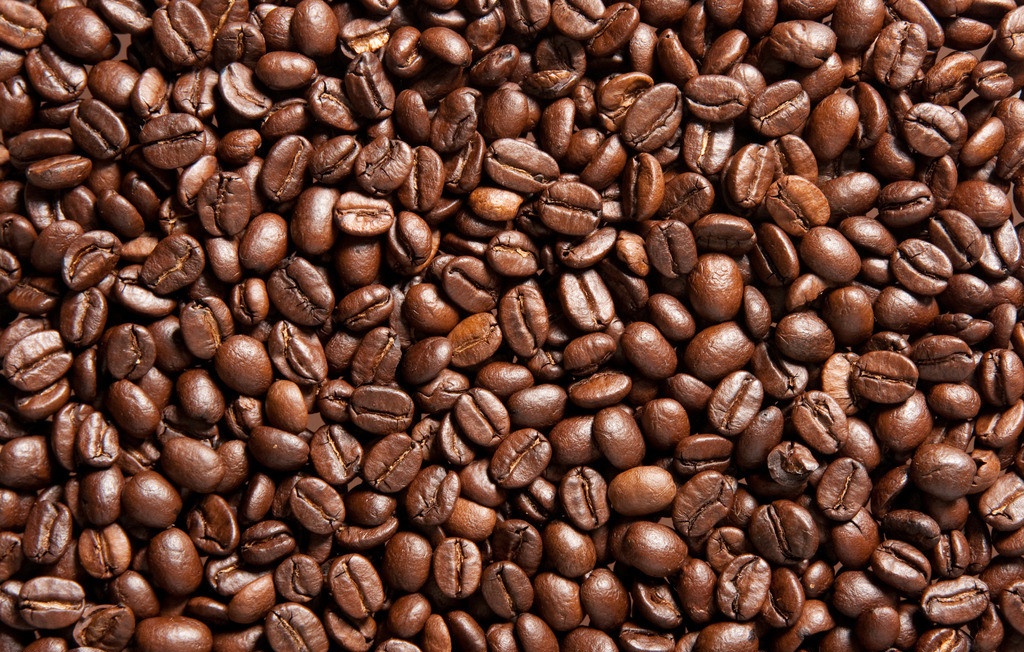Flavor and taste characteristics of El Salvador boutique coffee manor
In 1998, the total population of El Salvador was 6.1 million (estimated), including Indo-Europeans.
El Salvador
El Salvador
It accounts for 89%, 10% for Indians and 1% for whites.
In 2012, El Salvador had a total population of 6.090646 million, of which 90 per cent were of mixed Indo-European race, 9 per cent of whites and 1 per cent of Indians aged 0 to 14, 29.7 per cent aged 15 to 64, 63.7 per cent aged 65 and above.
In 2013, El Salvador had a total population of 6.3 million, with a population density of 347 people per square kilometer. The latest government of El Salvador was formed in June 2014. The main cabinet members are Vice President Oscar Ortiz (Oscar Ortiz), Foreign Minister Hugo Roger Mart í nez Bonillia, Finance Minister Carlos C á ceres, economy Minister Tharsis Salom ó n L ó pez, Defense Minister David Mungui í a Pay é s. Sandra Eddiwell Guevara Perez, Minister of Labour and Social Security (female, Sandra Edibel Guevara P é rez), Minister of Agriculture Orestes Autes (Orestes Ortez), Minister of Public Health Violeta Menshiwar (female, Violeta Menj í var), Minister of Public works, Transport, Housing and Urban Development Gerson Mart í nez, Minister of Environment and Natural Resources Lina Lina Pohl Tourism Minister Jose Napole ó n Duarte Sanchez Salem is president of El Salvador. He was born on June 18, 1944 in Xattepec, El Salvador. After graduating from Alberto normal School, he taught in a primary school in his hometown for 10 years. He participated in the creation of the first left-wing armed force in El Salvador, the Farabondo Marti people's Liberation Forces, in 1970 and became general secretary of the organization in April 1983. Since then, the organization has joined forces with other left-wing political and military groups in Saudi Arabia to form the Marty Front. In 1992, he participated in the signing of the Peace Agreement that marked the end of the civil war in Saudi Arabia. He served as General Coordinator of the Marty Front twice from 1994 to 1997 and from 2001 to 2004. He was elected for three consecutive terms from 2000 to 2009, and served as the leader of the parliamentary caucus of the Marty Front from 2006 to 2008. Served as Vice President and Minister of Education from June 2009 to June 2014. In March 2014, he was elected president as a candidate of the Marty Front and took office on June 1 for a five-year term.
Salvadoran coffee ranks side by side with Mexico and Guatemala as the producers of Asa and Merdo, and is fighting for the top one or two places in China and the United States with other countries. The highlands of origin are large coffee beans of all sizes, which are fragrant and mild in taste. Like Guatemala and Costa Rica, coffee in El Salvador is graded according to altitude. The higher the altitude, the better the coffee. It is divided into three grades according to elevation: SHB (strictlyhighgrown) = highlands, HEC (highgrowncentral) = mid-highlands, and CS (centralstandard) = lowlands. The best brand is Pipil, which is what the Aztec-Mayan (Aztec-Mayan) called coffee, which has been recognized by the American Organic Certification Society (OrganicCertifiedlnstituteofAmerica). Salvadoran coffee ranks side by side with Mexico and Guatemala as the producer of Asa and Merdo, and is competing with other countries for the top one or two in China and the United States. The highlands of origin are large coffee beans of all sizes, which are fragrant and mild in taste. Like Guatemala and Costa Rica, coffee in El Salvador is graded according to altitude. The higher the altitude, the better the coffee. It is divided into three grades according to elevation: SHB (strictly high grown) = highlands, HEC (high grown central) = mid-highlands, and CS (central standard) = lowlands. The best brand is Pipil, which is what the Aztec-Mayan (Aztec-Mayan) called coffee, which has been recognized by the American Organic Certification Society (Organic Certified lnstitut eof America). Salvadoran coffee ranks side by side with Mexico and Guatemala as the producer of Asa and Merdo, and is competing with other countries for the top one or two in China and the United States. The highlands of origin are large coffee beans of all sizes, which are fragrant and mild in taste. Like Guatemala and Costa Rica, coffee in El Salvador is graded according to altitude. The higher the altitude, the better the coffee. It is divided into three grades according to elevation: SHB= Highlands, HEC= medium Highlands, and CS= lowlands.
El Salvador's unique high-grade variety Pacamara, Pacamara is a sudden variation of the bourbon species found by Pacas Pacas- in El Salvador and a hybrid with the giant bean Maragogype, a sudden variant of the Tibica species found in Brazil.
The interesting thing about Christmas farm coffee is that its refining method is secret, using mineral-rich hot spring water to process raw coffee beans. This farm is located in fertile volcanic soil and rich in natural hot spring water, so this natural hot spring water is all used in raw bean processing. There are many coffee gardens in the world, but this method is still rare.

Important Notice :
前街咖啡 FrontStreet Coffee has moved to new addredd:
FrontStreet Coffee Address: 315,Donghua East Road,GuangZhou
Tel:020 38364473
- Prev

Balanced, clean Costa Rican Yersalo coffee flavor, characteristics, taste and manor
Staleika coffee has always been regarded as a perfect type of classic flavor, balanced, clean and mild is his tone. This batch of western valley Yerzaro treatment plant is famous for its excellent natural geographical conditions and excellent regional planting management techniques. Almost perfect classic flavor, lively citrus flavor in the acidity, BlackBerry aroma, acidity and taste thick, melons
- Next

Yunnan Coffee Flavor
The western and southern parts of Yunnan Province are located between 15 N and the Tropic of Cancer, most of which are 1000-2000 meters above sea level. The topography is dominated by mountains and slopes, with large ups and downs, fertile soil, sufficient sunshine, rich rainfall and large temperature difference between day and night. These unique natural conditions form the special taste of Yunnan small-grain coffee, which is strong but not bitter, fragrant but not strong, slightly fruity. As early as fifty years
Related
- Detailed explanation of Jadeite planting Land in Panamanian Jadeite Manor introduction to the grading system of Jadeite competitive bidding, Red bid, Green bid and Rose Summer
- Story of Coffee planting in Brenka region of Costa Rica Stonehenge Manor anaerobic heavy honey treatment of flavor mouth
- What's on the barrel of Blue Mountain Coffee beans?
- Can American coffee also pull flowers? How to use hot American style to pull out a good-looking pattern?
- Can you make a cold extract with coffee beans? What is the right proportion for cold-extracted coffee formula?
- Indonesian PWN Gold Mandrine Coffee Origin Features Flavor How to Chong? Mandolin coffee is American.
- A brief introduction to the flavor characteristics of Brazilian yellow bourbon coffee beans
- What is the effect of different water quality on the flavor of cold-extracted coffee? What kind of water is best for brewing coffee?
- Why do you think of Rose Summer whenever you mention Panamanian coffee?
- Introduction to the characteristics of authentic blue mountain coffee bean producing areas? What is the CIB Coffee Authority in Jamaica?

